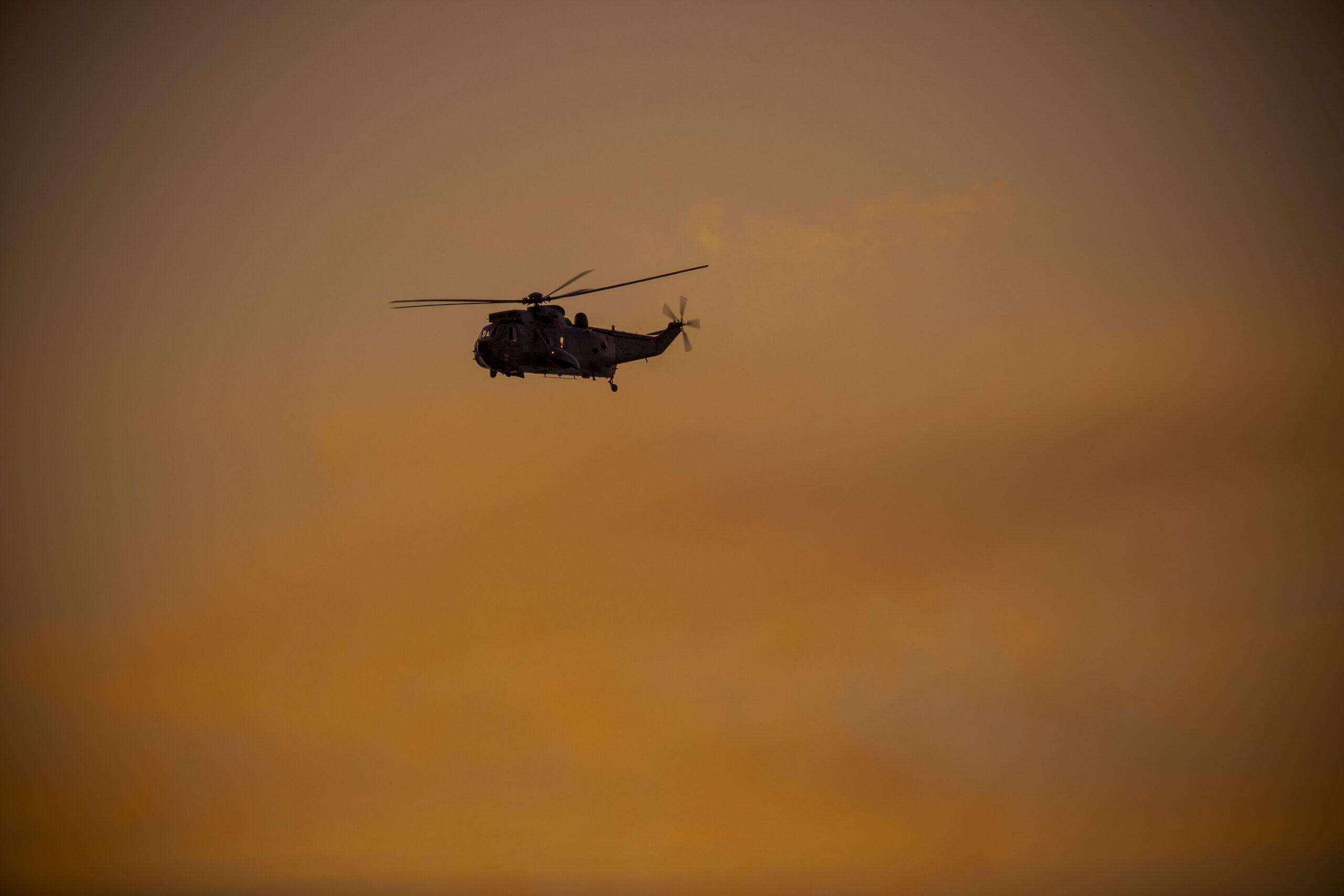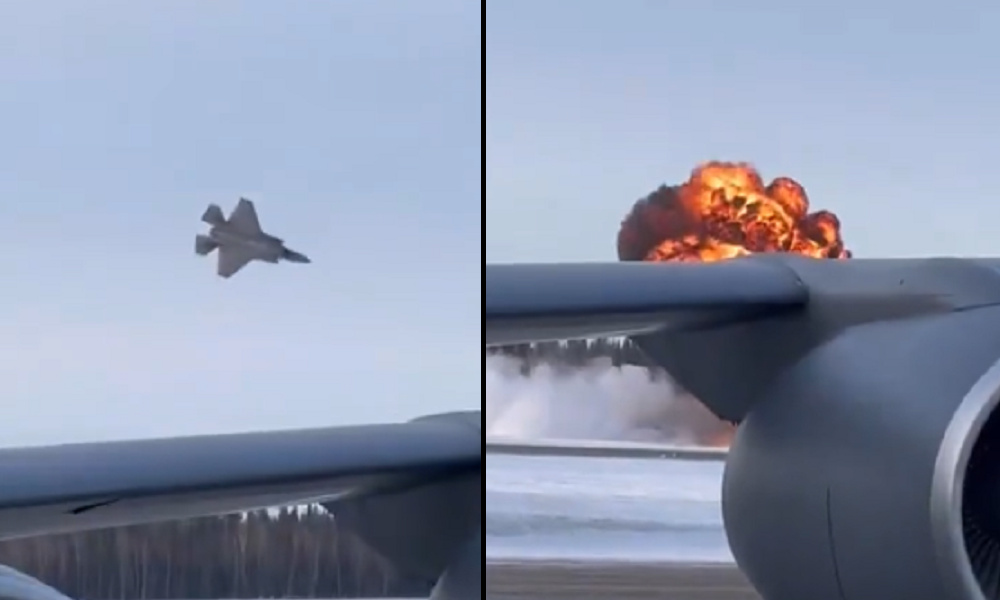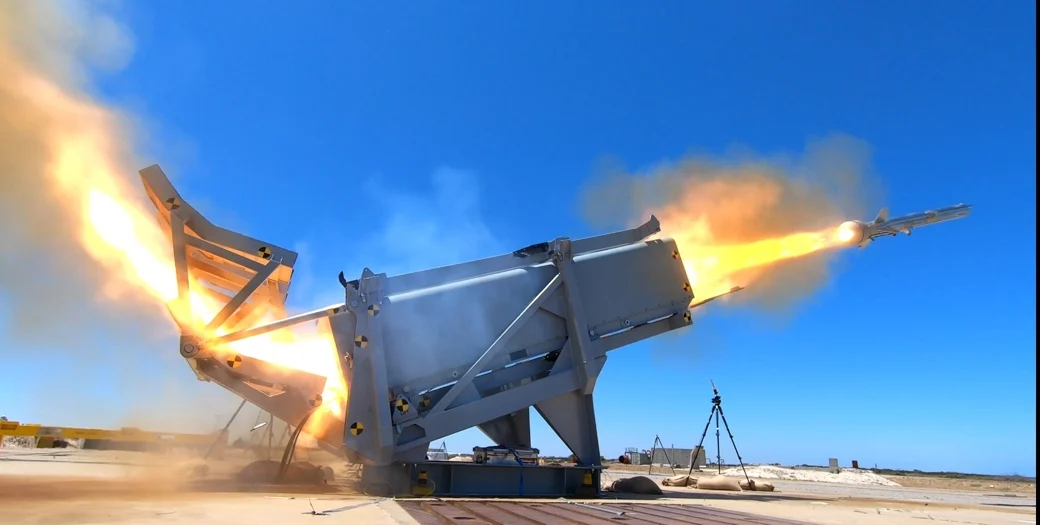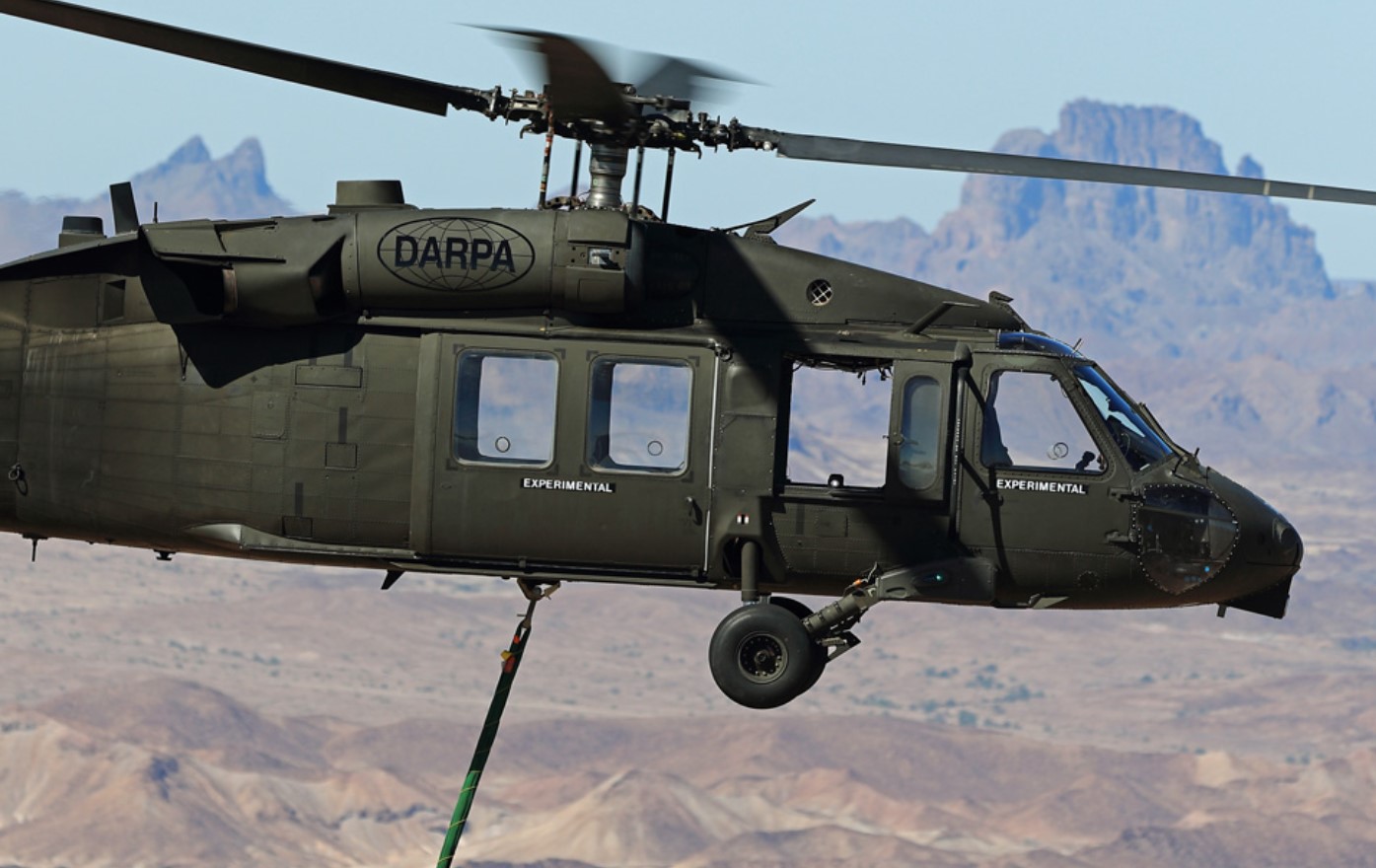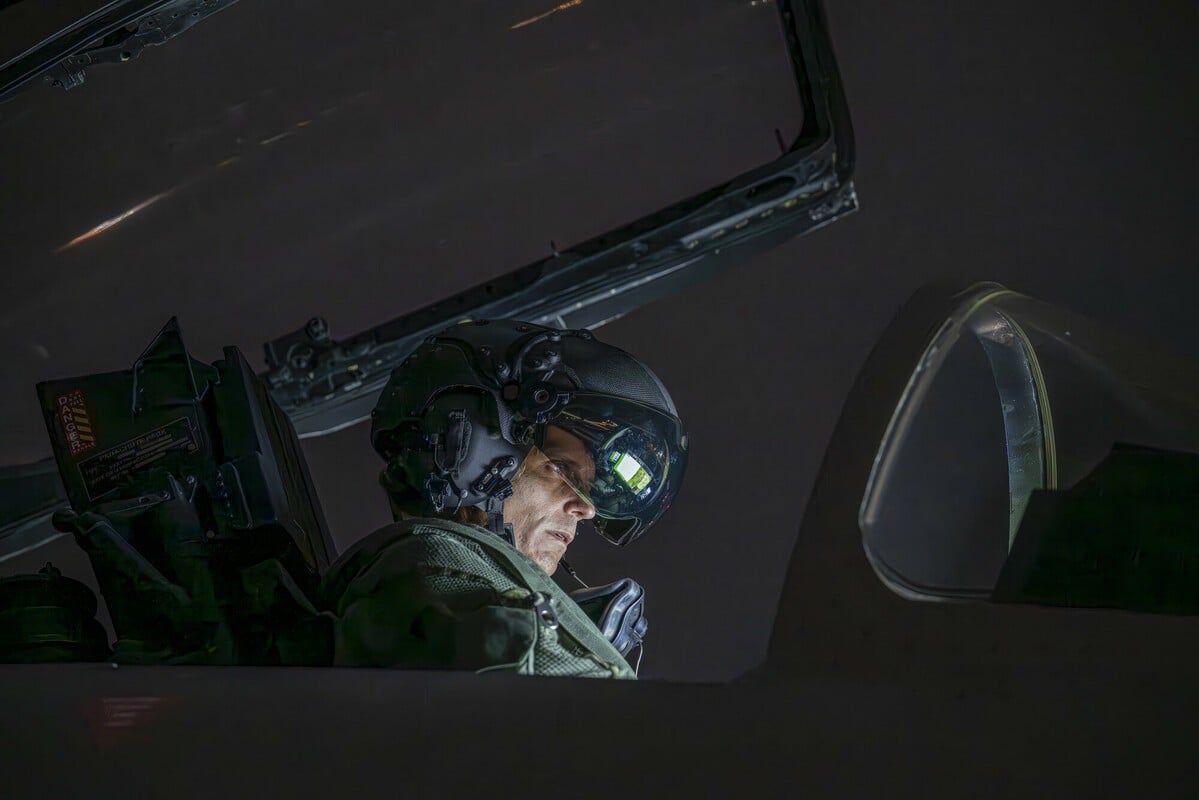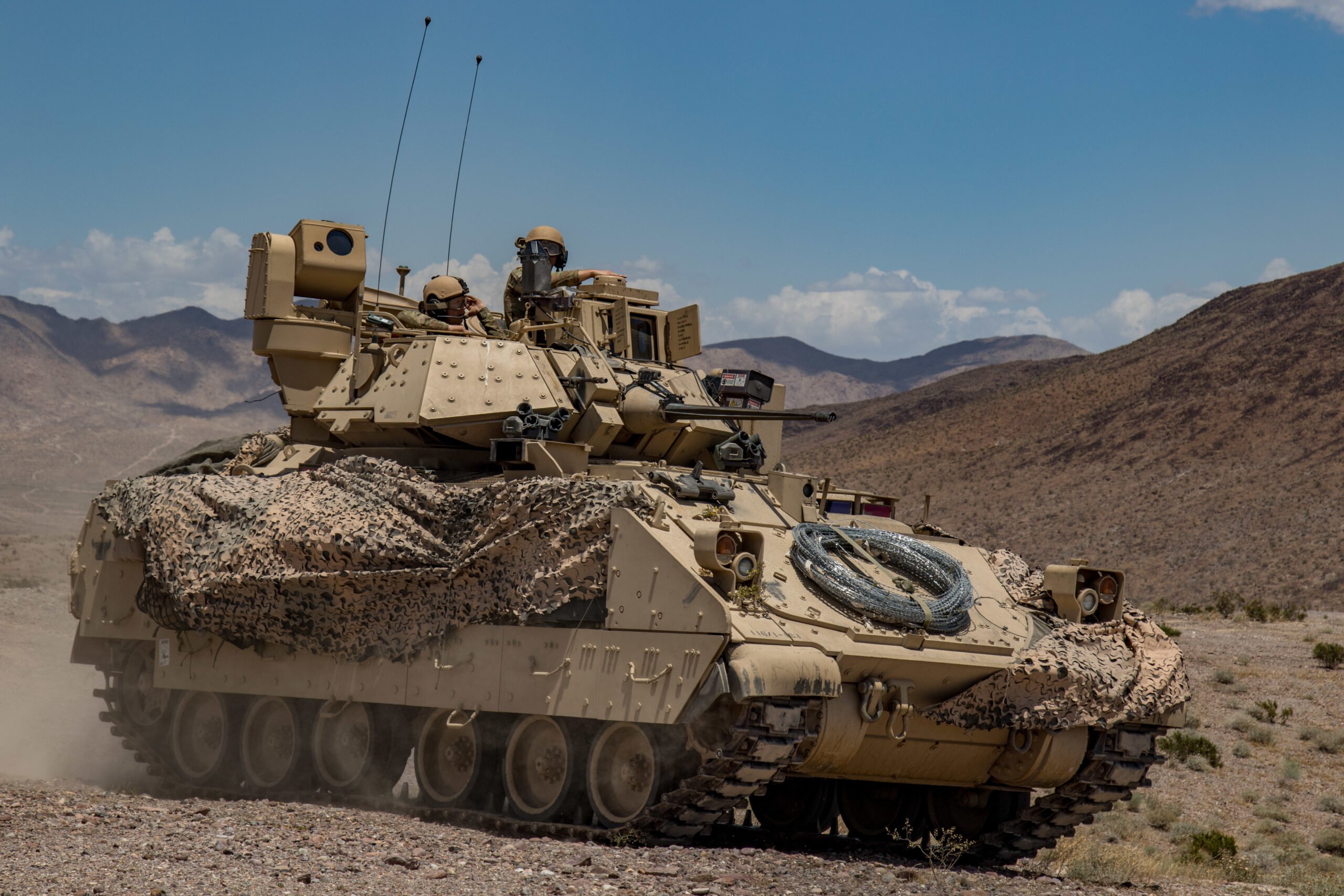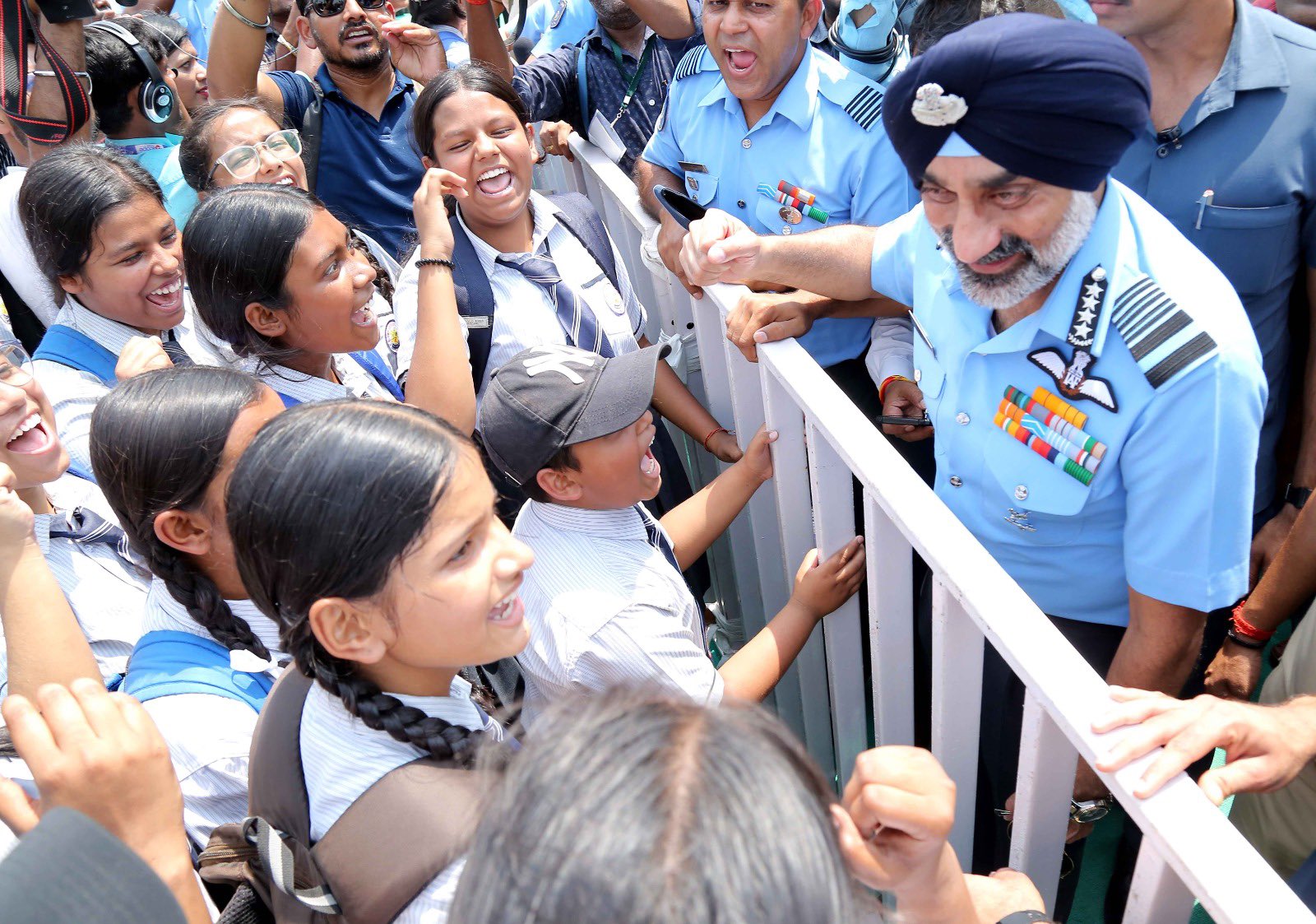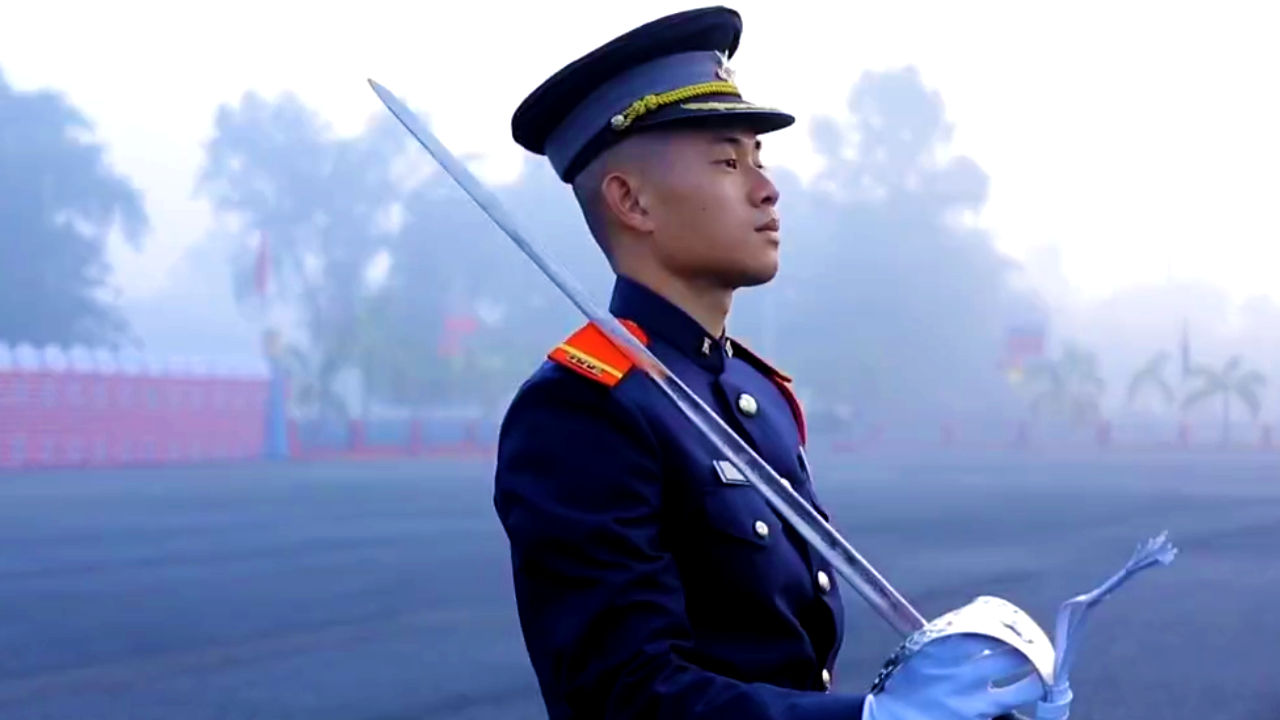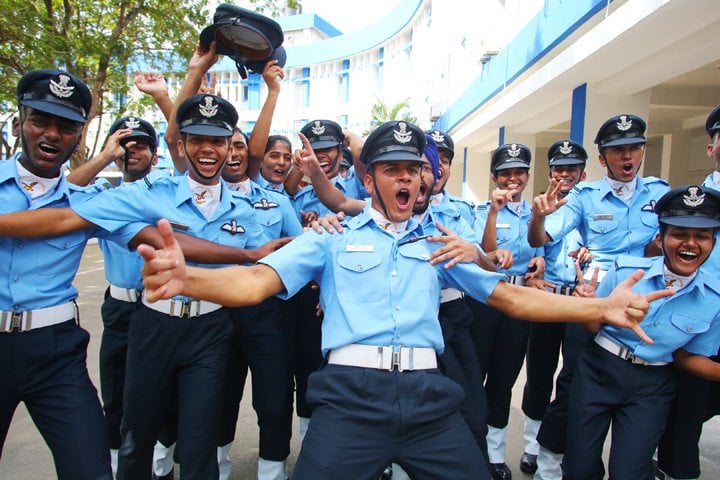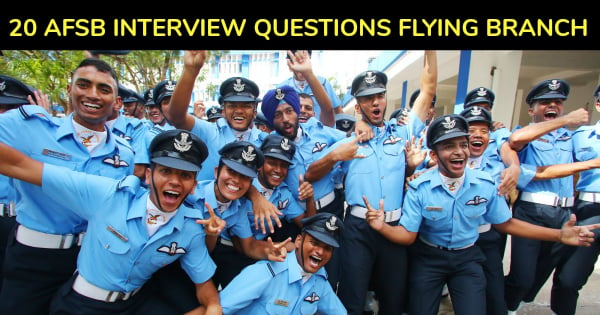Germany’s defense minister expressed serious concerns on Thursday about an alarming incident involving a Russian cargo ship that fired a signal flare directed at a German military helicopter in the Baltic Sea. This occurrence heightens existing tensions in the region, particularly in light of the ongoing war in Ukraine. Defense Minister Boris Pistorius characterized the act as reminiscent of the “classic provocative behavior” seen during the Cold War, signaling a worrying trend in military interactions.
According to reports from AFP, the incident took place last week and involved the crew of the Russian ship discharging red signal flares towards the German helicopter without any direct impact. While Pistorius refrained from divulging extensive details about the event, he stated that “in this case, no one was hurt and no one was in danger,” which may provide some reassurance amidst the escalating tensions.
In his comments to public broadcaster Deutschlandfunk, Pistorius noted that there have been multiple incidents in the Baltic Sea where Russian vessels have discharged warning shots into the air or into the water. With this context in mind, he emphasized the importance of prudent conduct by German and allied vessels in the region. “We can never exclude,” he cautioned, “the possibility that such incidents would lead to direct escalation.” Nevertheless, he praised the approach taken by German forces, highlighting their commitment to reporting such incidents and responding with de-escalatory measures, asserting that they refuse to be provoked by this type of behavior.
The Baltic Sea has emerged as a focal point of concern lately, particularly with suspicions of sabotage activity, including the recent cutting of undersea data cables thought to involve a Chinese vessel. This backdrop of anxiety has been underscored by Foreign Minister Annalena Baerbock, who alluded to the recent flare incident in remarks on Wednesday, describing how “helicopters from Germany suddenly being fired upon by tankers” adds to the urgency of the situation.
Germany has positioned itself as Ukraine’s second-largest provider of military support, and officials in Berlin have continuously alerted the international community to the ongoing threats of Russian “hybrid warfare,” which encompasses not only conventional military actions but also sabotage and other disruptive tactics. As tensions continue to mount in the region, both the government and defense officials are keenly aware of the delicate balance required to navigate interactions with Russian military assets.

